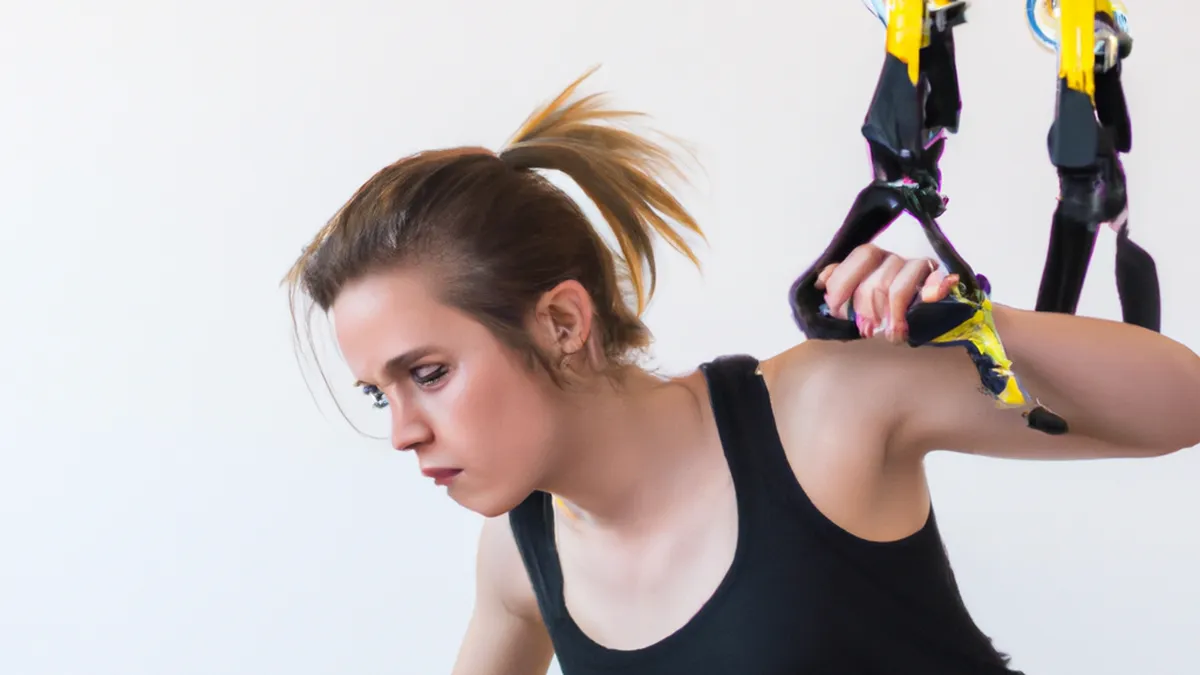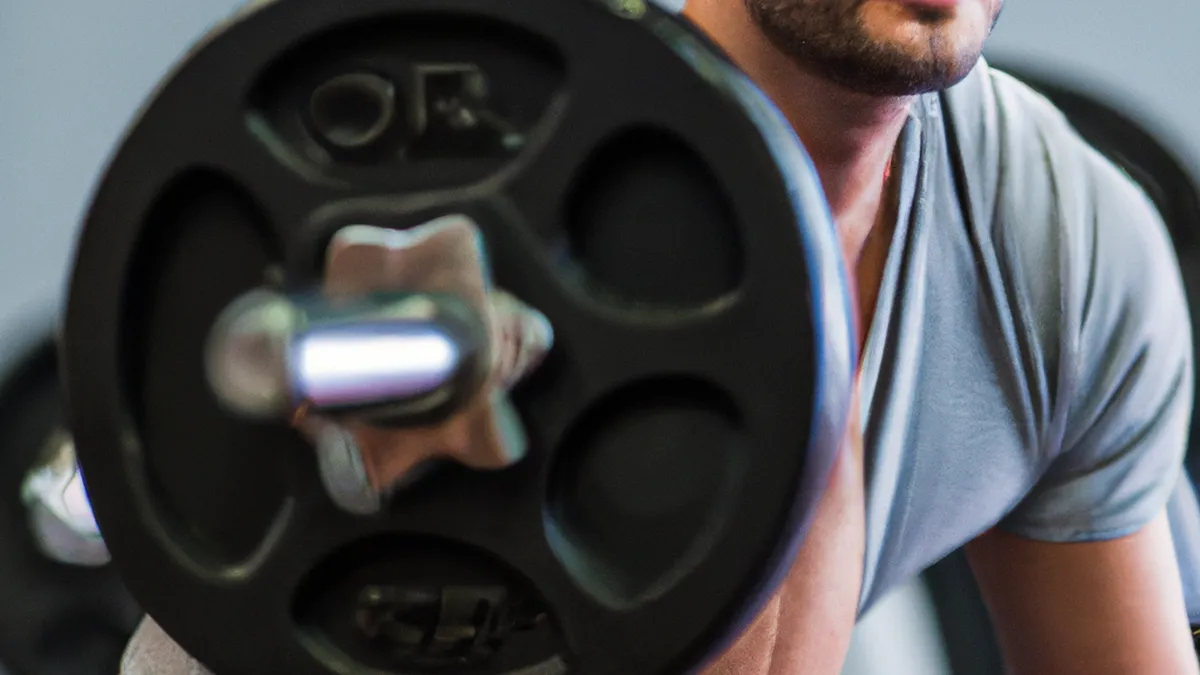Easy TRX Moves for Active Recovery
Active Recovery Strategies with TRXActive recovery plays a vital role for athletes and fitness enthusiasts. It aids recovery while keeping your body engaged. The TRX suspension trainer serves as an effective active recovery tool. This versatile equipment enables various exercises that enhance recovery and maintain fitness levels. This blog will discuss TRX strategies, tips, advice, and benefits for your recovery.
What is Active Recovery?
Active recovery includes low-intensity exercises that promote circulation and muscle recovery. Instead of complete rest, it keeps your body moving. This method reduces soreness, improves flexibility, and supports muscle repair. Incorporating TRX into your routine helps you achieve these benefits while enhancing strength and stability.
Tips for Using TRX in Active Recovery
As an Amazon Associate I earn from qualifying purchases.
Gear tip: consider compression sleeves, mobility sliders, and kettlebell to support this topic.
1. Focus on Mobility Exercises
Mobility exercises restore range of motion and flexibility in joints and muscles. Use TRX for gentle stretches that enhance mobility. For example, perform the TRX chest stretch. Stand facing away from the anchor point, holding the handles. Lean forward slightly, stretching your chest and shoulders. Hold for 15-30 seconds, breathing deeply to relax. Repeat several times to improve upper body flexibility.Try the TRX hip flexor stretch next. Stand with one foot in the TRX strap while keeping the other foot grounded. Lower your body into a lunge position. Feel the stretch in the hip flexor of the leg in the strap. Hold this position to release tension and enhance hip mobility.
2. Incorporate Low-Intensity Movements
Low-intensity movements are crucial for active recovery. Use TRX for bodyweight squats, lunges, or rows. These exercises engage large muscle groups without excessive strain. Aim for 10-15 repetitions at a slow, controlled pace. Focus on form and control, not speed. For instance, in a TRX squat, stand facing the anchor point. Hold the handles and lower into a squat, keeping your chest up and weight in your heels. This engages your legs and core while aiding recovery.
3. Add Core Stability Exercises
Core stability enhances overall strength and balance. Use TRX for core-targeting exercises like the TRX plank. Position your feet in the straps and assume a plank position. Ensure your body forms a straight line from head to heels. Hold for 20-30 seconds, engaging your core and glutes. This exercise improves stability while allowing muscle recovery. Consider adding the TRX knee tuck for variety.
Conclusion
Incorporate TRX exercises into your active recovery routine. Focus on mobility, low-intensity movements, and core stability. These strategies enhance recovery and maintain fitness levels effectively.
Below are related products based on this post:
FAQ
What is active recovery?
Active recovery involves low-intensity exercises that promote circulation and muscle recovery while keeping the body engaged. Instead of complete rest, it helps reduce soreness, improve flexibility, and support muscle repair. Incorporating activities like TRX can enhance these benefits.
How can TRX be used for mobility exercises?
TRX can be utilized for gentle stretches that enhance mobility, such as the TRX chest stretch and hip flexor stretch. These exercises help restore range of motion and flexibility in joints and muscles, making them effective for active recovery.
What types of exercises should I include in my active recovery routine with TRX?
Your active recovery routine with TRX should include low-intensity movements like bodyweight squats, lunges, and rows. Focus on performing these exercises at a slow, controlled pace to engage large muscle groups without excessive strain, which aids in recovery.















Post Comment